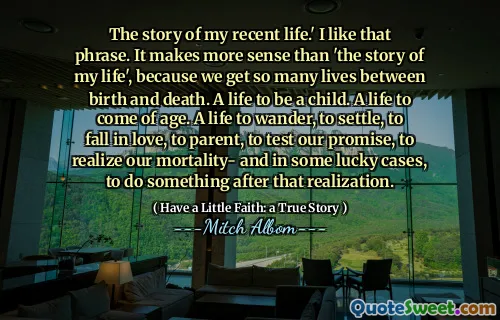Most people willingly deceive themselves with a doubly false faith; they believe in eternal memory {of men, things, deeds, peoples} and in rectification {of deeds, errors, sins, injustice}. Both are sham. The truth lies at the opposite end of the scale: everything will be forgotten and nothing will be rectified. All rectification {both vengeance and forgiveness} will be taken over by oblivion.
The quote from Milan Kundera's "The Joke" examines the nature of human belief in memory and justice. It suggests that people typically indulge in self-deception by holding onto a misguided faith in eternal remembrance of individuals and actions, as well as the possibility of rectifying past wrongs. These notions are portrayed as illusory, representing a comforting but ultimately false sense of hope.
Kundera propounds a more troubling yet realistic perspective, stating that in the end, all will be forgotten, and no wrongs will be truly made right. He argues that both forgiveness and revenge will be subsumed by the overarching force of oblivion, implying that our efforts to seek justice or preservation of memory are ultimately futile and transient.





